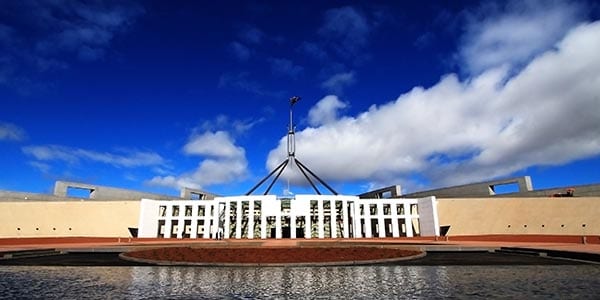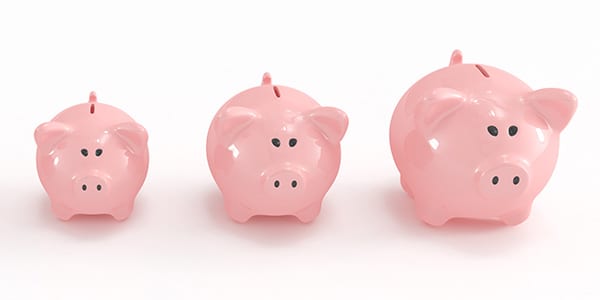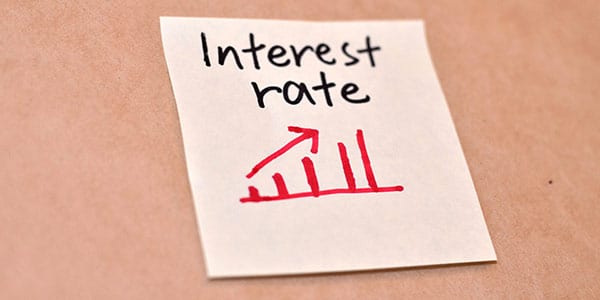The Reserve Bank of Australia has revealed that Australia’s banks pocketed $11.6 billion in 2008 purely from fees charged to consumers and businesses. This amount is an 8% increase from the previous year.
The $4.9 billion rise is reportedly slower than its annual growth rate over the previous five years. Credit cards and home loans have been accredited to the lag.
You may also have been charged for what is known as “exception fees”, by breaching the terms of your banking product. By not paying your credit card on time, or accidentally spending above your limit or even overdrawing on an account will put you in the red.
Tips to Reduce Credit Card and Bank Fees
Here are a few tips to help you reduce your credit cards and bank fees:
1. If you need to make cash withdrawals, ensure you use your own bank’s ATMs as using a foreign bank’s ATM will incur a fee. Also try to make as few withdrawals as possible by taking more money out at one time to prevent going over your allocated limit for free withdrawals.
2. Understand your credit card cycle. By only making the minimum repayment each month you won’t be able to pay off your outstanding balance. The interest will just continue to rise.
3. Forgo your Gold or Platinum privileges for a zero annual-fee card. Decide if it is really important for you to have the rewards program connected to your credit card, not to mention the high interest rates that come with it.
4. Get into a habit of always knowing how much is in your account balance to ensure you don’t overdraw. The four major banks charge $30 – $40 on an unauthorised overdraft. (These days it is easy to manage your account via online banking).
The banks are battling for your dollars in today’s competitive market, so don’t be shy to shop around to ensure you are receiving the best account fees and products that are available.










